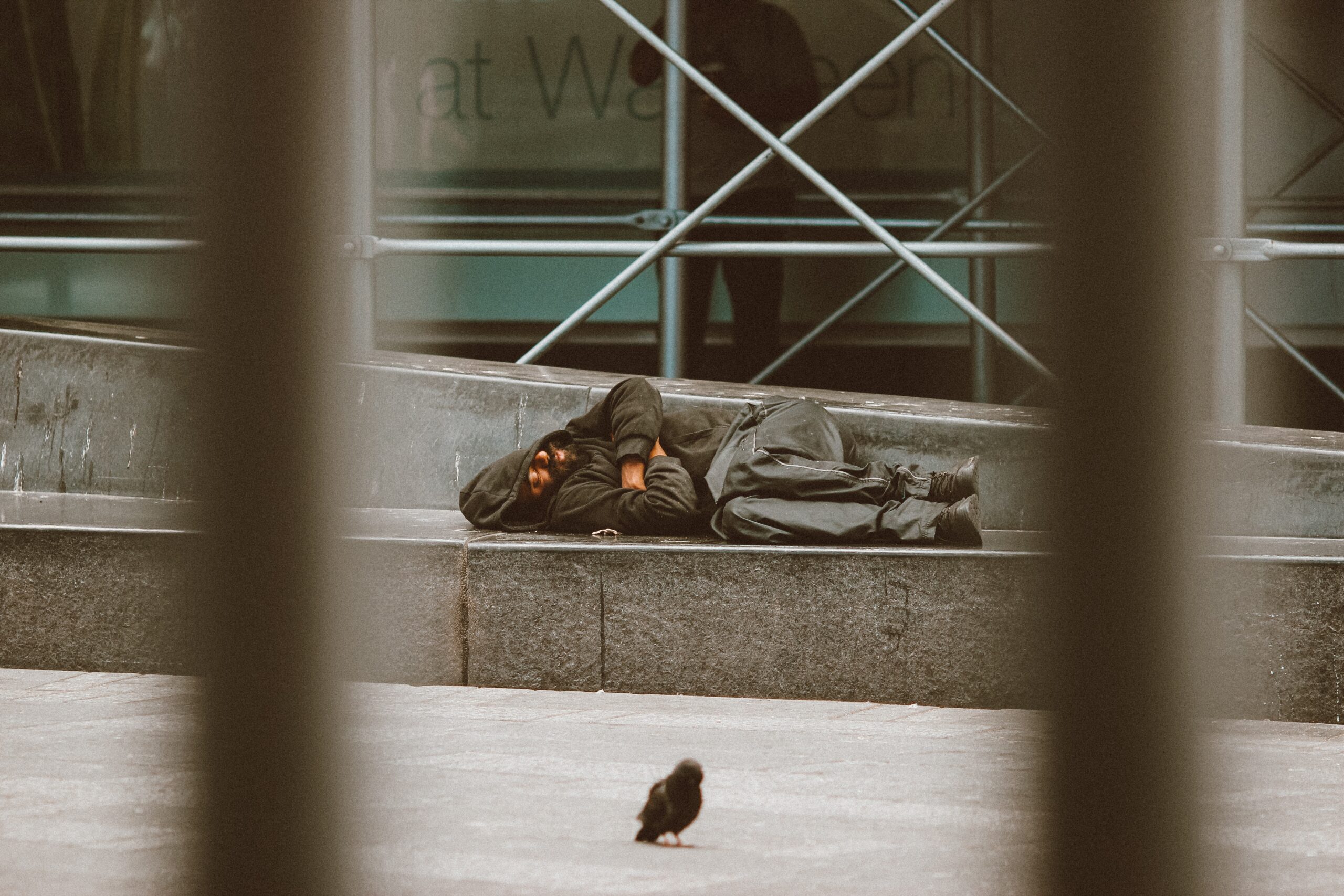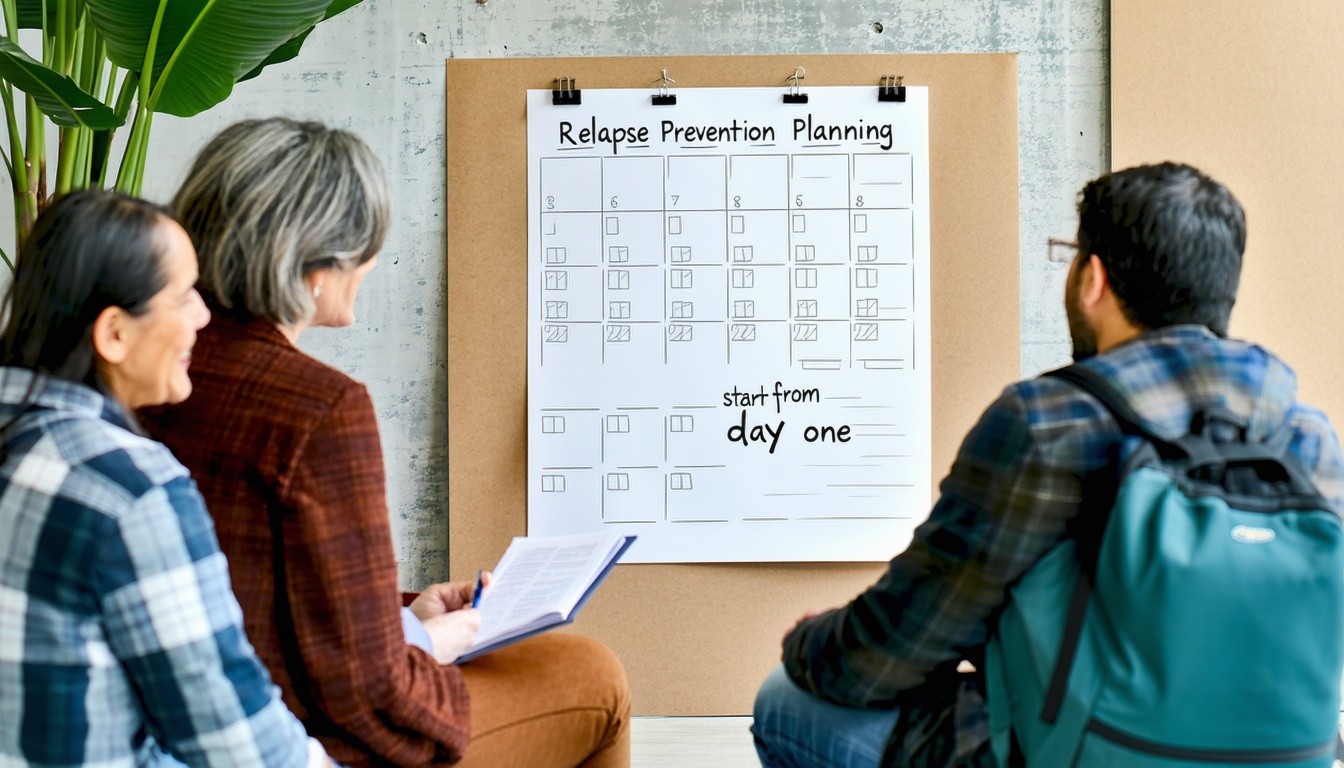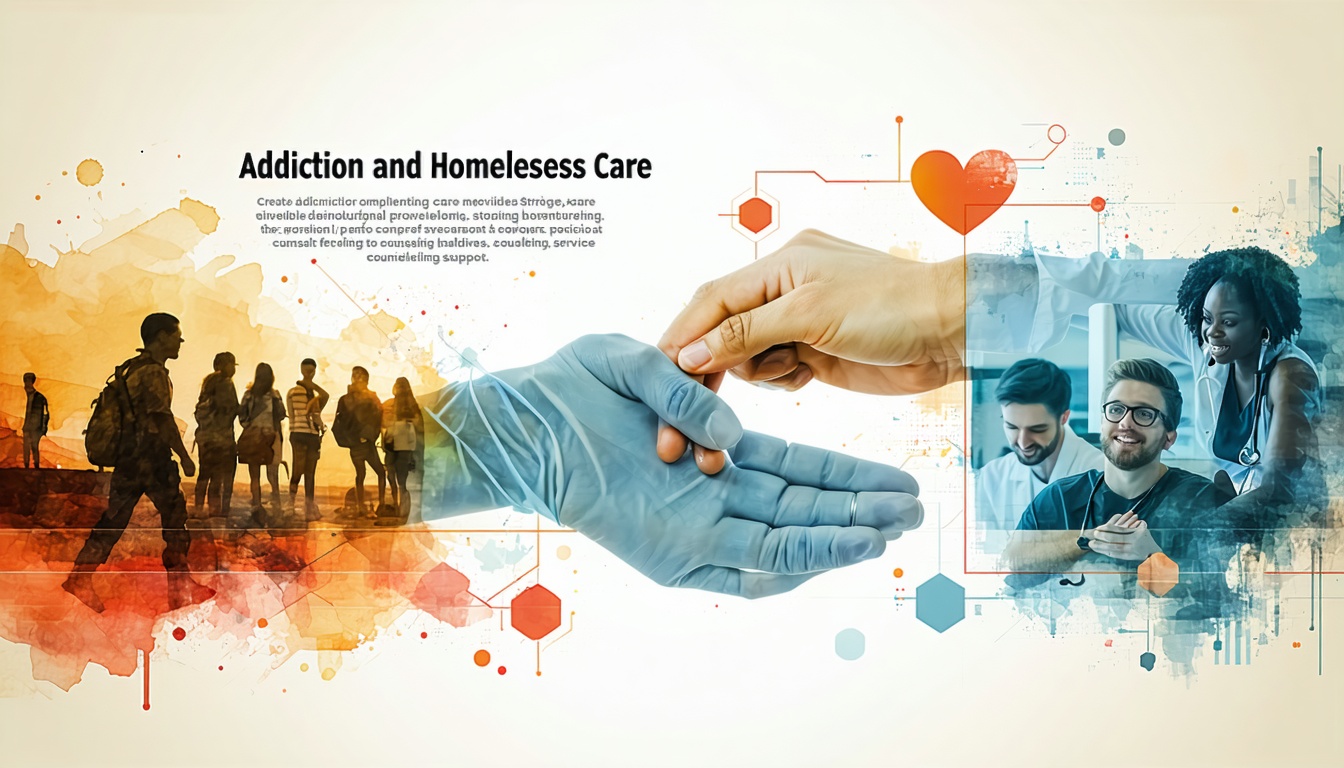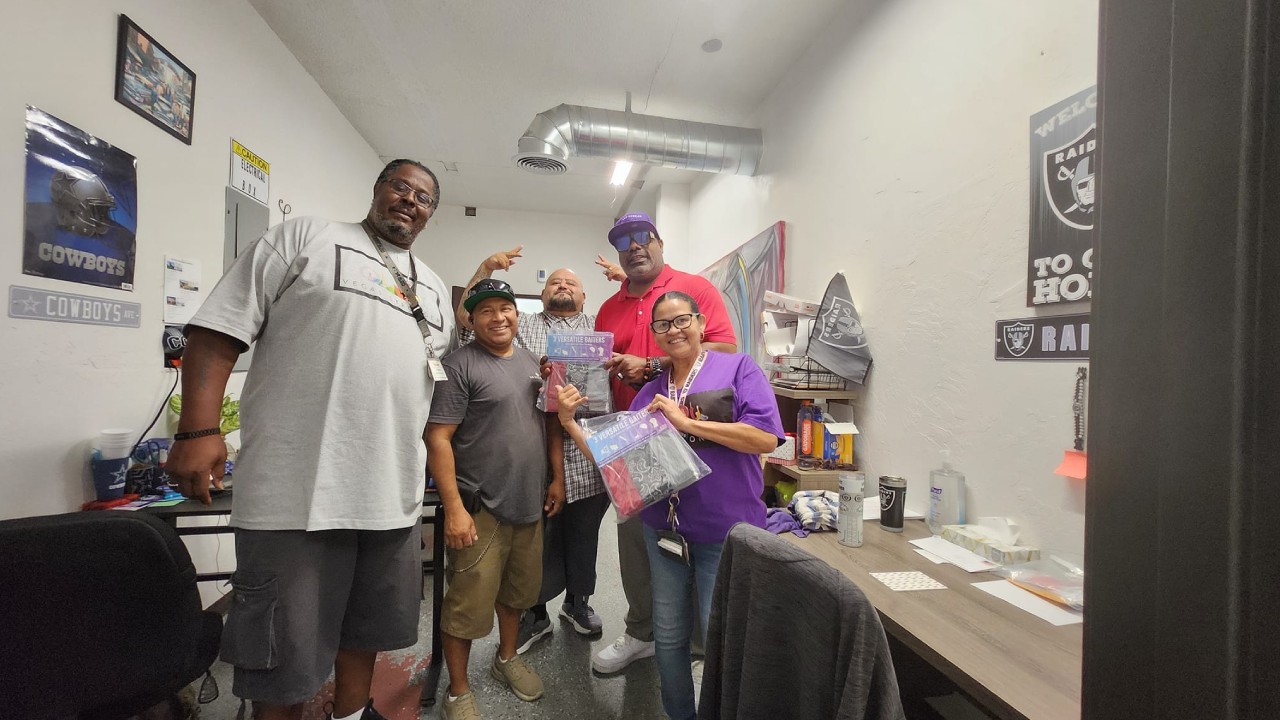Mental illness and homelessness are two complex issues that are often interconnected. While not all homeless individuals have a mental illness, studies consistently demonstrate that mental illness is a significant risk factor for homelessness. According to the National Institutes of Health, more than 20% of individuals who are homeless have a serious mental illness, compared with 5% in the general US population.
Mental illness is a broad term encompassing a range of conditions affecting a person’s mood, thinking, and behavior. The most common mental illnesses include depression, anxiety, bipolar disorder, and schizophrenia. These conditions can be debilitating, and when left untreated, they can significantly impact a person’s ability to function in their daily life. For people experiencing homelessness, the burden of mental illness can be particularly challenging.
The relationship between mental illness and homelessness is complex and multifaceted. Homelessness can exacerbate mental illness, while mental illness can lead to homelessness. For example, a person with untreated schizophrenia may become homeless due to their inability to maintain a job or pay for housing. Similarly, a person experiencing homelessness may develop depression or anxiety due to their living conditions.
Barriers to Treatment
Access to Healthcare
One of the most significant barriers to treating mental illness among people experiencing homelessness is the lack of access to healthcare. Many homeless individuals do not have health insurance, making it difficult to access medical and mental health services. Additionally, they may not have a permanent address, making receiving mail, scheduling appointments, or accessing medication challenging.
Stigma
Stigma also plays a significant role in preventing people with mental illness from seeking treatment. There is a widespread misconception that people with mental illness are dangerous or unpredictable, which can lead to discrimination and social isolation. Those misconceptions can make it challenging for people with mental illness to access support and services and can contribute to their experiences of homelessness.
Help Us Address the Homeless Crisis in Las Vegas With Evidence-Based Strategies
Although giving individuals experiencing homelessness money, food, and blankets might feel good, unfortunately, it often has the opposite intended effect. Instead, please direct these individuals to the necessary treatment resources Vegas Stronger™ offers to set them on a healing path. Your donation can help our most vulnerable individuals reclaim their lives and contribute to society.

















